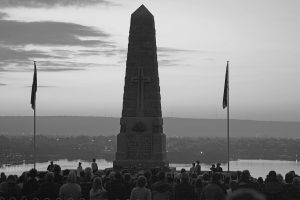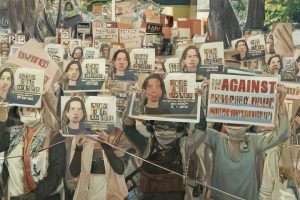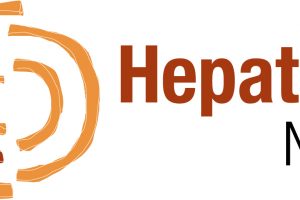By Syed Atiq ul Hassan
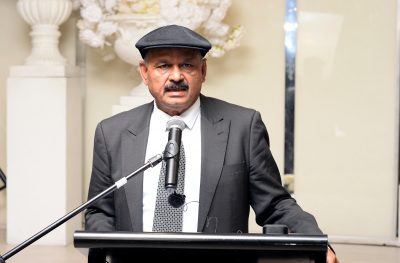
Voting in the upcoming national referendum concerning the constitutional rights of Aboriginal and Torres Strait Islander Australians is, in my view, a sacred responsibility for every Australian. It’s not just a matter of acknowledging Indigenous heritage that spans over 65,000 years; it’s about recognizing them as the true custodians of this magnificent land.
Throughout history, Indigenous Australians have never extended invitations or welcomes to foreigners on their land, spanning from the 16th century to the present day. The Europeans, driven by their pursuit of exploration and global treasures, eventually set their sights on the Australian landmass, deeming it a prime territory for conquest and resource extraction. This marked the beginning of an influx of people from around the world, who made Australia their home without seeking the permission of the native inhabitants. Over time, the British colonial rulers recognized the need for redress and justice for these Indigenous communities and their ancestral territories.
The “White Australia Policy” was instituted in Australia under the leadership of then Prime Minister Edmund Barton and the leader of the then Perfectionist Party in 1901, through the enactment of the Immigration Restriction Bill. This policy aimed to limit non-white individuals from settling in Australia. Under its provisions, only individuals of European descent were granted the privilege of permanent residency and the associated rights to live and work in the country. The reverberations of the “White Australia Policy” over the following four decades reshaped the demographics of the Australian populace. By 1947, the population of European origin, particularly those from Ireland, England, Poland, Greece, and Italy, had notably increased.
This era highlighted the necessity for Australia to enhance its progress and compete on par with other developed countries, particularly in Europe. Recognizing this imperative, the Chifley Labor government undertook a relaxation of the Immigration Restriction Act, permitting non-European individuals to reside in Australia permanently for business purposes. Nonetheless, this alteration fell short, as the country demanded an influx of skilled professionals and educators to facilitate infrastructural growth and other modern advancements.
Full credit is attributed to the Labor Government and the then Prime Minister Gough Whitlam, who decisively abandoned the White Australia Policy in 1973, ushering in the era of Multicultural Australia. Today, Australia stands as a resolute multicultural nation, with migrants from over 200 different countries establishing their permanent homes on this soil.
Since Australia embraced its multicultural identity, it has garnered a distinguished reputation as a society rich in diversity. From Anglo-Saxon Australians to ethnic communities, each has made significant contributions to the evolution of Australia into a proud and advanced welfare state. Presently, Australia boasts a world-class platform of equal opportunities extended to all, with its doors flung open to deserving individuals worldwide. The migrants’ substantial contributions have propelled Australia to the echelons of developed nations.
In the journey to shape Australia’s image with a fair and equitable approach for every citizen, successive Australian governments have made progressive strides towards the betterment of the Indigenous people who have possessed the ownership of this land for at least the past 65,000 years.
These natives are endowed with a heritage steeped in indigenous history, traditions, cultures, languages, cuisine, art, and familial bonds. While past governments have endeavoured to enhance the lives of the Indigenous Aboriginal and Torres Strait Islanders, a more profound acknowledgment of their voice within Australia’s democratic national framework was needed.
In 2008, then-Prime Minister Kevin Rudd extended a heartfelt apology on behalf of the Australian Government to the Aboriginal and Torres Strait Islander natives for the historical injustices and cruelties perpetuated since the arrival of Europeans and during the era of White Australian governance. This momentous step, taken by the Labor government at the time, resonated not only with the majority of Australians but also garnered global recognition for its sincerity and Candor. The Australian government’s apology to the Indigenous and Torres Strait Islander Australians remains a testament to its commitment to reconciliation and progress.
However, the apology fell short of satisfying the Indigenous Australians’ desire for their constitutional voice and rights as the rightful native owners of this land.
In July of last year (2022), Prime Minister Anthony Albanese made a promise to the Indigenous and Torres Strait Islander communities during the Garma Festival of Traditional Cultures. He assured them that his government had a comprehensive plan for establishing a constitutional voice for the indigenous peoples within the Parliament.
Prime Minister Albanese’s proposal included amendments to the Australian Constitution, aimed at incorporating the following provisions:
- Creation of a body known as the “Aboriginal and Torres Strait Islander Voice.”
- Authorization for the Aboriginal and Torres Strait Islander Voice to present representations to Parliament and the Executive Government regarding matters concerning Indigenous communities.
- Empowerment of the Parliament, subject to the Constitution, to enact laws governing the composition, functions, powers, and procedures of the Aboriginal and Torres Strait Islander Voice.
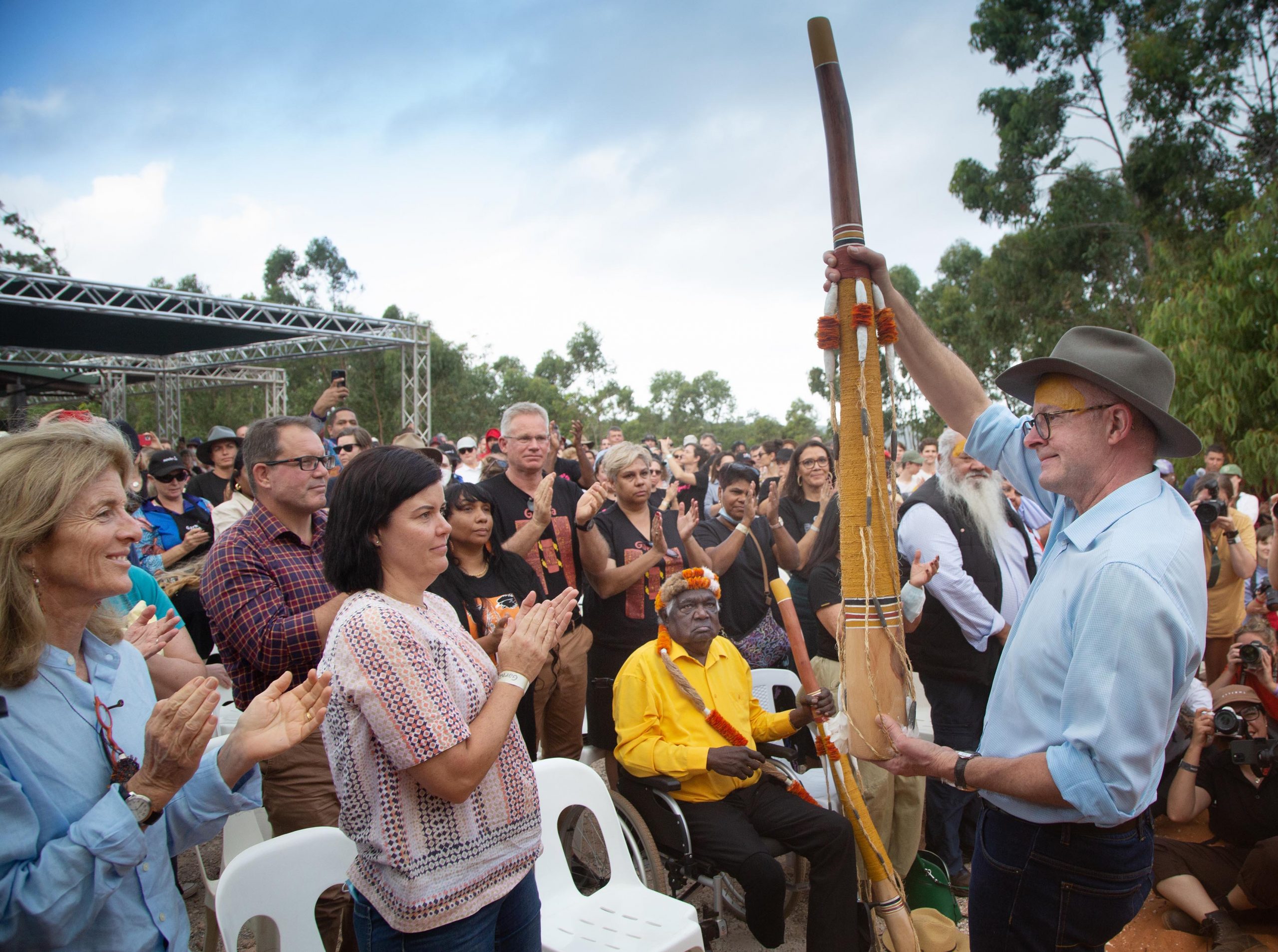
Earlier this year (2023), a bill regarding the Indigenous voice was introduced in the lower house. After extensive debates, it passed on June 19 and subsequently received approval from the Senate.
This progression has initiated a national referendum on the Indigenous Voice, with the Prime Minister expected to announce a potential date in either October or November of this year.
The annual Garma Festival took place from August 4 to 7. In this incredible festival, Prime Minister Anthony Albanese not only attended but also aligned himself with the Yes23 campaign, further endorsing the cause.
In order to get maximum votes for ‘YES’ in this referendum, indigenous leaders and active youth have started an online campaign called ‘YES23’. www.yes23.com.au has been created for this purpose. On this website, the campaigners have started various campaigning activities. People’s opinions are also being collected for the referendum. Also, financial support is being collected from people for campaigning. Australians can visit the mentioned website and support the campaign.
As usual, White extremist leader Ms. Pauline Hanson strongly opposes the referendum. She claims that the current government wants to establish a new black state in Australia. Ms. Hanson’s stance reveals a failure to acknowledge the sacrifices made by Indigenous people for the benefit of all who arrived on this land, including foreigners like Pauline Hanson’s forefathers. Senior white Australians who still love British imperialism are also opposing the referendum.
Interestingly, Liberal leader Peter Dutton declined to attend this year’s Garma Festival. The primary focus of the festival was to support the ‘YES’ campaign in the referendum. Dutton’s decision to skip the event was disheartening and serves as a reflection of the Liberal Party’s stance on the constitutional voice and rights of Indigenous and Torres Strait Islander Australians.
On the other hand, the multicultural people who have migrated from different parts of the world to Australia are in favour of this referendum and intend to vote ‘YES’. The multicultural community has recognized the rights and voice of indigenous peoples since its inception.
Based on input from members of multicultural communities and Australian youth, it is apparent that a significant majority of young individuals and nearly all those from diverse cultural backgrounds are in favour of a ‘YES’ vote in the referendum. This sentiment stems from their deep understanding of the intrinsic value of the land, having themselves migrated to Australia in search of a better, safer, and more secure life for both the present and future generations. Consequently, those born or raised in Australia from these backgrounds recognize the Indigenous and Torres Strait Islander ownership.
The Fijian and Tongan communities, sharing a heritage with Indigenous and Torres Strait Islander backgrounds, are expected to vote ‘YES’, as are ethnic groups including Indonesian, Malaysian, Sri Lankan, Papua New Guinean, and other Islanders. I believe, the support to referendum and vote for ‘YES’ is going to be an X-factor for its success.
The success of the ‘YES’ vote in the upcoming referendum will undoubtedly enhance Australia’s international reputation. Additionally, this achievement will bolster Australia’s future endeavours, such as its campaign to secure a seat on the United Nations Security Council.
(Syed Atiq ul Hassan is a Sydney-based Journalist, community leader and editor Tribune International, Australia. His email address is shassan@tribune-intl.com, mobile is +61 479 143 628)
Concluded: 9 August 2023
[END]

